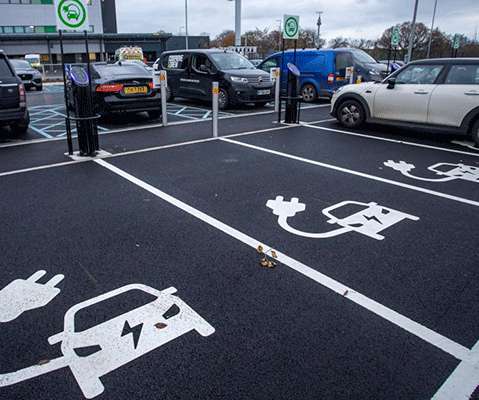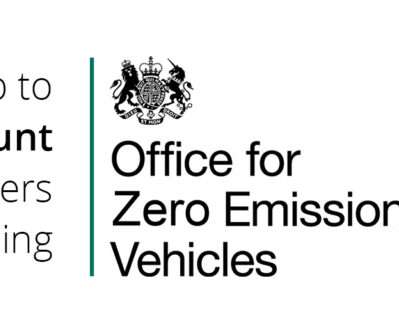Texas study finds PHEV use could increase ozone at night, decrease ozone during the day
Green Car Congress
APRIL 22, 2011
A study by researchers at the University of Texas found that in general, use of plug-in hybrid electric vehicles (PHEVs) can lead to an increase in ozone during nighttime hours (due to decreased scavenging from both vehicles and EGU stacks) and a decrease in ozone during daytime hours.




































Let's personalize your content